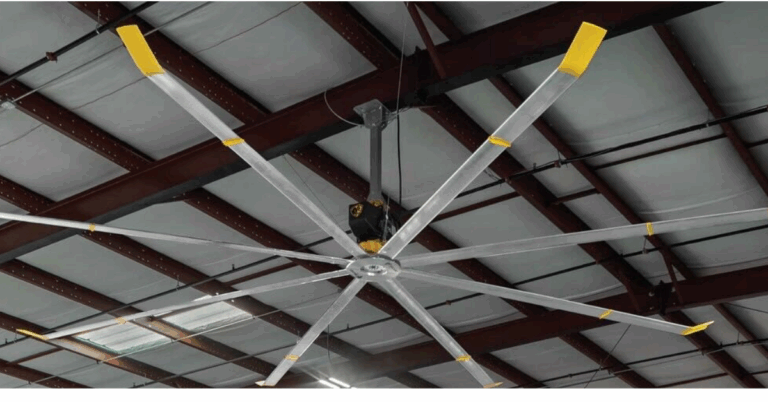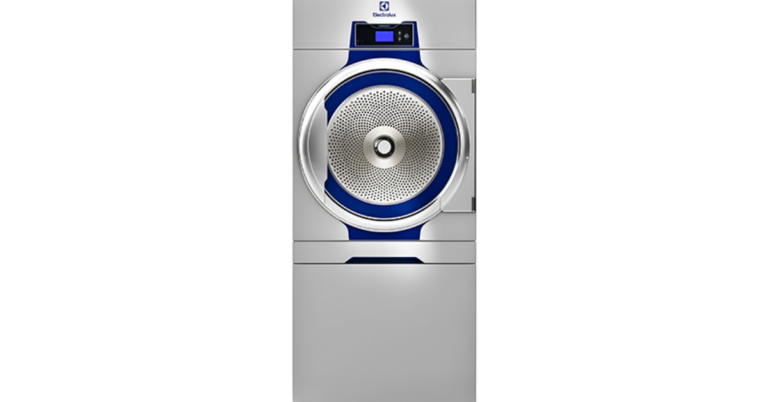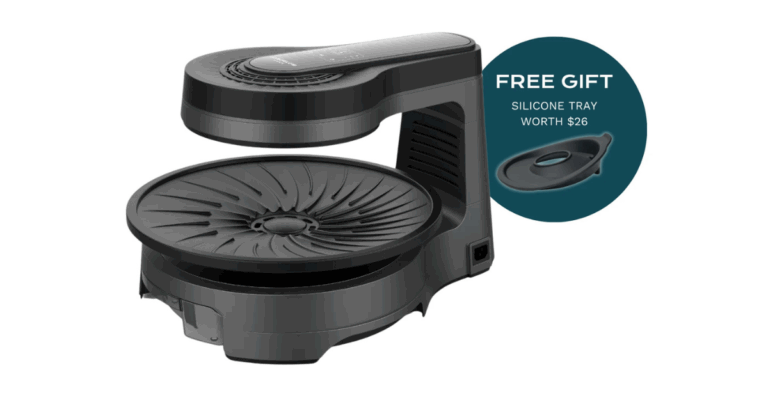Using a 50Hz Fridge on a 60Hz Power Supply: What You Should Know
When purchasing a refrigerator for residential, industrial, or marine use, it’s essential to consider its power specifications. A common concern arises when a fridge designed for a 50hz Fridge On 60Hz system. Since electrical frequency (measured in Hertz, Hz) affects motor and compressor performance, understanding its impact is crucial for ensuring appliance compatibility and efficiency.
Understanding Frequency and Voltage in Electrical Appliances
Electrical appliances operate within specific voltage and frequency ranges. While many countries use 220V/50Hz, others, such as the United States and parts of Asia, operate on 110V/60Hz or 220V/60Hz. Refrigerators, particularly those with compressors, depend on stable voltage and frequency for optimal functionality.
Can a 50Hz Fridge Work on 60Hz Power?
Yes, a 50Hz refrigerator can run on a 60Hz power supply, but several important factors must be considered:
1. Motor Speed and Compressor Functionality
-
The compressor motor in a fridge is designed to operate at a set speed determined by the power frequency. A shift from 50Hz to 60Hz may increase motor speed, potentially affecting cooling efficiency and durability.
-
Some modern refrigerators feature inverter technology or Variable Frequency Drives (VFD), allowing them to adapt seamlessly to frequency changes.
2. Power Consumption Variations
-
Running a 50Hz fridge on 60Hz may alter energy consumption, as the motor might function at a different efficiency level.
-
Over time, this could contribute to increased wear and tear, potentially impacting overall performance.
3. Cooling System Efficiency
-
A compressor operating outside its intended frequency may experience fluctuations in cooling effectiveness. Some fridges can handle this without issue, while others might show inconsistent temperature regulation.
4. Long-Term Effects on Components
-
Prolonged operation at a non-standard frequency can lead to overheating or additional mechanical stress, potentially shortening the lifespan of the compressor and other internal parts.
Ensuring Safe and Efficient Operation
To minimize risks and ensure proper functioning, consider these measures:
✔ Check Manufacturer Specifications
Many refrigerators are labeled as 50/60Hz, meaning they are designed to operate on both frequencies. Always confirm this before installation.
✔ Use a Frequency Converter
If the fridge is strictly designed for 50Hz, using it on a 60Hz power supply may require a frequency converter. This device adjusts the power frequency but may add extra cost and complexity.
✔ Monitor Performance Regularly
If your fridge is already running on 60Hz, observe its performance closely. Listen for unusual noises, check for temperature inconsistencies, and monitor compressor cycles for irregularities.
Final Thoughts
Although many modern refrigerators can tolerate minor frequency variations, using a 50Hz fridge on a 60Hz power supply can impact efficiency, longevity, and performance. Always check the appliance’s specifications, consult the manufacturer if uncertain, and consider a frequency converter if needed. A well-informed approach ensures safe operation and prevents long-term damage to your refrigerator.







